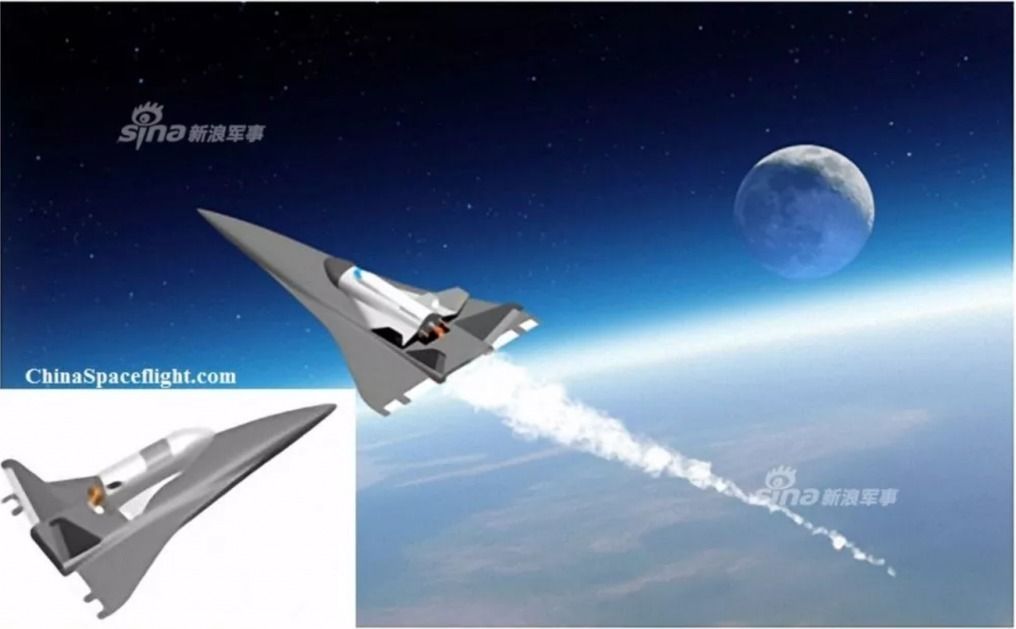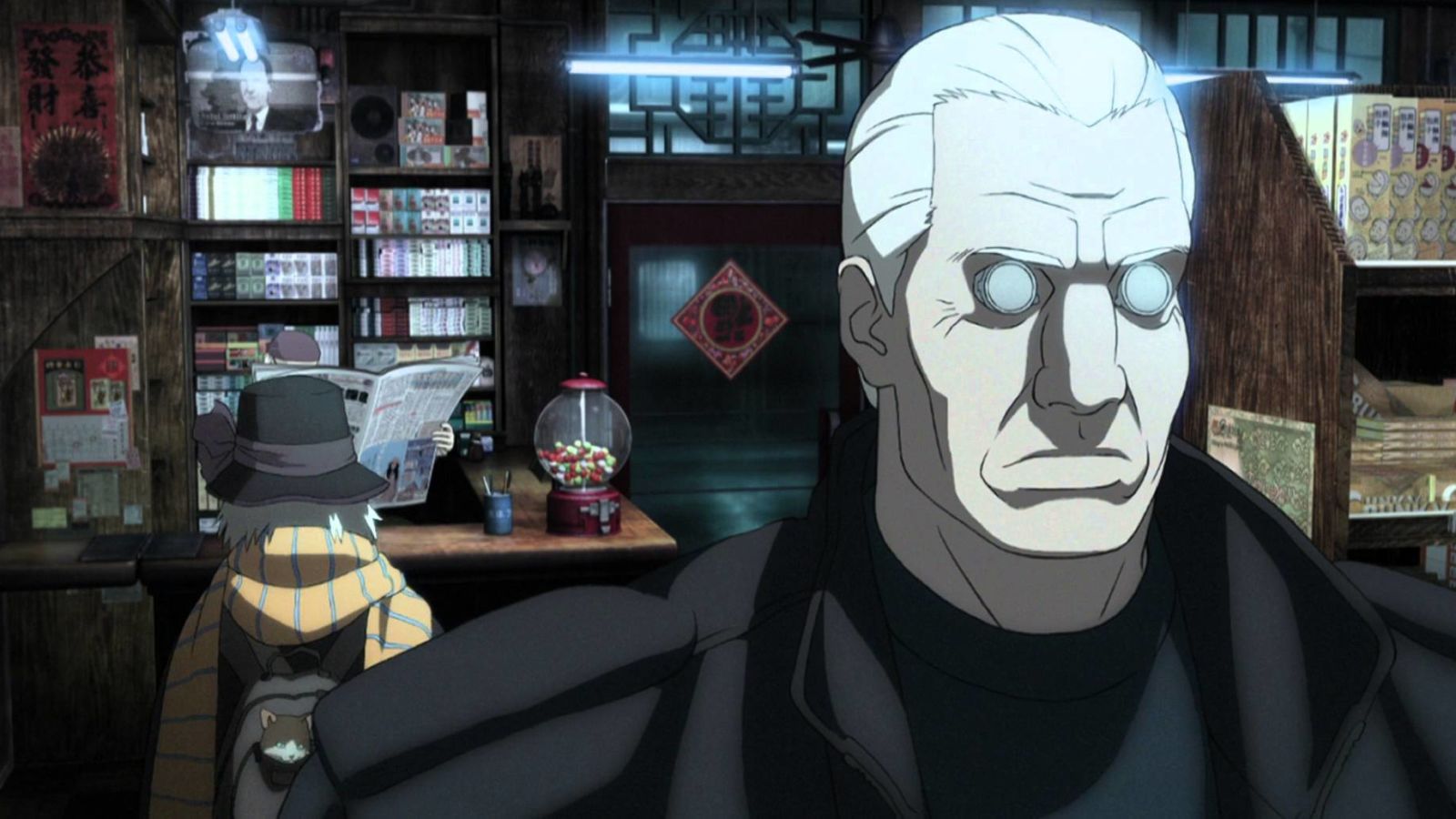There is a radio edit (about one half hour) and an unabridged version (about one hour long).
Get the latest international news and world events from around the world.
Roboteam – Human Driven – Made in the USA
“Not 99%, Not 99.9%. 100%”
For us, this is the only way to make it happen!
Roboteam – Human Driven – Made in the USA.
Watch how we do it

Hypersonic and anti-hypersonic arms race
Lockheed Martin is using turbine rocket combined cycle (TRCC) to build a mach 6–10 hypersonic plane. The TRCC is an engine that switches between turbofan, ramjet and scramjets for subsonic, supersonic, and hypersonic flight. The TRCC engine will be tested on a fighter-sized flight testbed by 2020. They would then try to develop a Mach 6, unmanned spyplane by 2030 that would perform the same role as the old SR-71 Blackbird. The hypersonic spyplane would enter highly contested and defended airspace at altitudes of 18 and 62 miles, using its speed to outrun enemy defenses. Hypersonic planes could fire hypersonic missiles. It would join the B-21 stealth bomber in the US air force future global strike arsenal.
Raytheon is also developing anti-hypersonic missile defenses.
Air-breathing hypersonic weapons and boost glide weapons are very difficult to engage, as both fly depressed trajectories that dispense with the high, arc-like, and most importantly predictable trajectories of traditional ballistic missiles.

IBM has made Carbon nanotubes transistors smaller and faster than silicon
IBM scientists have made carbon nanotube transistors smaller and faster silicon transistors. Carbon nanotube transistors have long had the potential to be better than silicon, but this is the first time when that promise has been realized. Now IBM and others will have to scale up superior carbon nanotube devices.
IBM scientists have been experimenting with carbon nanotubes, rolled-up sheets of carbon atoms just 1 nanometer, or a billionth of a meter, in diameter. But difficulties working with the material have meant that, for optimal performance, nanotube transistors have to be even larger than current silicon transistors, which are about 100 nanometers across. To cut that number down, a team of scientists used a new technique to build the contacts that draw current into and out of the carbon nanotube transistor. They constructed the contacts out of molybdenum, which can bond directly to the ends of the nanotubes, making them smaller. They also added cobalt so the bonding could take place at a lower temperature, allowing them to shrink the gap between the contacts. Another advance allowed for practical transistors. Carrying enough electrical current from one contact to another requires several nanotube “wires.

Welcome: Welcome to the United Kingdom’s portal to the asteroid mining industry
We are a new aerospace start-up company that aims to open up the possibilities and potential of an off-Earth commercial market. We aim to develop ground breaking technologies that will enable the extraction, processing and use of materials derived from the many millions of asteroids known to exist near Earth and further afield.

Microsoft squeezed AI onto a Raspberry Pi
“The dominant paradigm is that these [sensor] devices are dumb,” said senior researcher with Microsoft Research India, Manik Varma.
Now, Varma’s team in India and Microsoft researchers in Redmond, Washington, (the entire project is led by lead researcher Ofer Dekel) have figured out how to compress neural networks, the synapses of Machine Learning, down from 32 bits to, sometimes, a single bit and run them on a $10 Raspberry Pi, a low-powered, credit-card-sized computer with a handful of ports and no screen. It’s really just an open-source motherboard that can be deployed anywhere. The company announced the research in a blog post on Thursday.
Microsoft’s work is part of a growing trend of moving Machine Learning closer to devices and end users.

How Will We Stop Hackers From Invading Our Brains Once We’re Cyborgs?
Rapid developments in brain-machine interfacing and neuroprosthetics are revolutionizing the way we treat paralyzed people, but the same technologies could eventually be put to more generalized use—a development that’ll turn many of us into veritable cyborgs. Before we get to that point, however, we’ll need to make sure these neural devices are safe, secure, and as hacker-proof as possible.
In anticipation of our cyborg future, researchers from the Wyss Center for Bio and Neuroengineering in Geneva Switzerland have published a new Policy Forum paper in Science titled, “Help, hope, and hype: Ethical dimensions of neuroprosthetics.” The intent of the authors is to raise awareness of this new breed of neurotechnologies, and the various ways they can be abused. Importantly, the researchers come up with some ways to mitigate potential problems before they arise.
Alexandra Elbakyan: Why Science should not be behind paywalls
Our exclusive interview with Sci-Hub is now available on Facebook for your viewing pleasure. We discuss with Alexandra how scientific progress is being held back by publishers keeping research behind paywalls.
In this interview Alexandra Elbakyan, creator of the controversial academic paper database Sci-Hub, discusses the importance of making scientific information freely available to all.
She goes on to explain why having open access to scientific knowledge, even if it means circumventing paywalls, is a fundamental right that benefits both individuals and society as whole.
Lifespan Heroes
Keith Comito introduces the Lifespan Heroes campaign and how we as a community can support the development of new therapies to treat age-related diseases for a healthier and longer life.
Link to the Lifespan Heroes campaign: https://www.lifespan.io/campaigns/join-us-become-a-lifespan-hero/
Link to all our campagins: https://www.lifespan.io
The meaning of death?
The perceived inevitability of death often pushes us to try to find meaning in it. In this article, I discussed why I think this has at least partly contributed to the cliché that death gives meaning to life.
The point of this blog is to advocate for rejuvenation therapies. In principle, it could be written without ever typing the word ‘death’, because rejuvenation is about keeping people healthy, and the indefinite postponement of death is merely a possible consequence of constant good health. In this sense, this and many other posts and articles on Rejuvenaction could be considered off-topic. However, it is not uncommon for people to accept, rather uncritically, the stale cliché according to which life gets its meaning from death, and without the latter, it would not have meaning. If rejuvenation can stave off death and extend lives indefinitely, will these extended lives be utterly meaningless?
No. Time and time again have I said this before, but I still fear that this misconception may be one of the worst enemies of rejuvenation; consequently, I spend much time thinking about its roots and how to debunk it.
Whether life gets its meaning from death or not, people who think it does implicitly admit that life has no meaning per se. In a general sense, this is correct. Life is meaningless, and there’s nothing wrong with it. It is no reason to be depressed, and I have explained why many times: Meaning is not an intrinsic property of anything. To paraphrase a common adage, meaning lies in the head of the beholder, and that’s where you should expect to find the meaning—if any—of anything, life included. In other words, it is up to you to find meaning in your life, and you should neither expect it to have meaning by default, nor let others decide for you what the meaning of your life is. This applies to everything else too. Whenever the meaning of X is being discussed, one should always ask to whom X means what, or who meant what when they did or said X. It goes without saying that, just like life, death has no intrinsic meaning either.